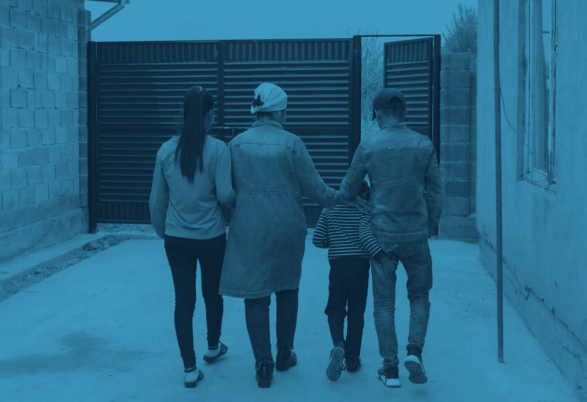Resources
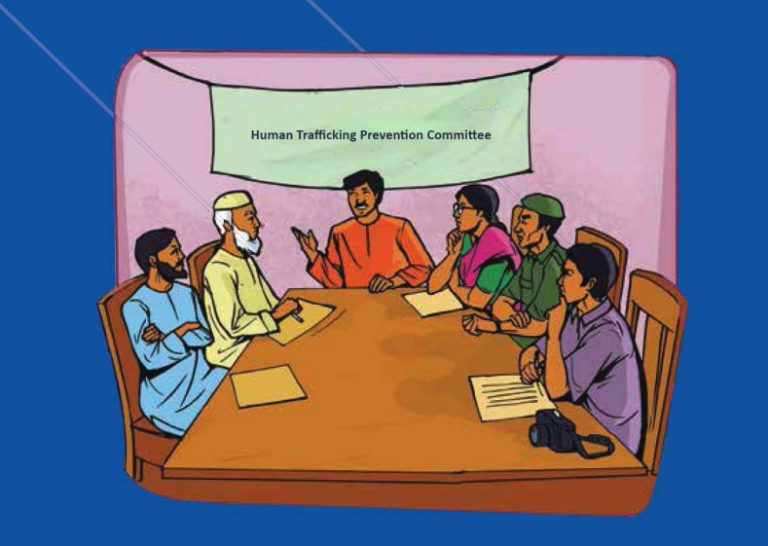
Training Module on Human Trafficking Awareness for the Counter Trafficking Committee (CTC) Members
Human trafficking is a growing organized crime. That is why human trafficking is considered as the third largest criminal activity in the world. Human trafficking incidents take place on a large scale in Bangladesh, like other countries in Asia. Usually, human trafficking is a terrible form of making business through exploitation of a human being. […]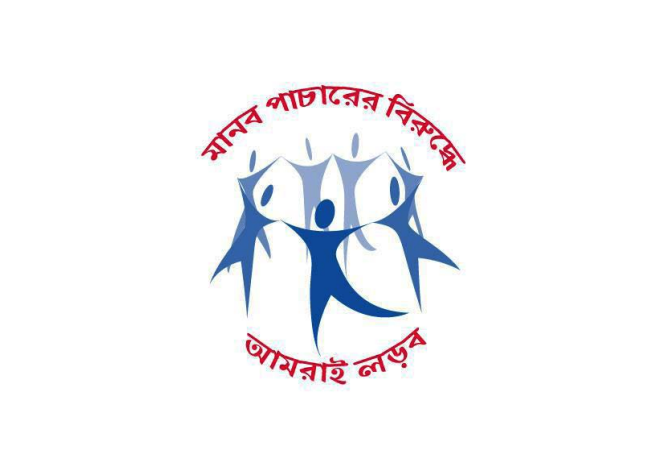
Human Trafficking Survivor Service Guidelines: Identification to Reintegration
The USAID Mission in Bangladesh is one of the largest USAID development activities in the world. USAID has been a development partner of Bangladesh since independence in 1971. The agency is committed to using its resources to promote democratic institutions and practices; support the expansion of economic opportunities and improvement of health and education services, […]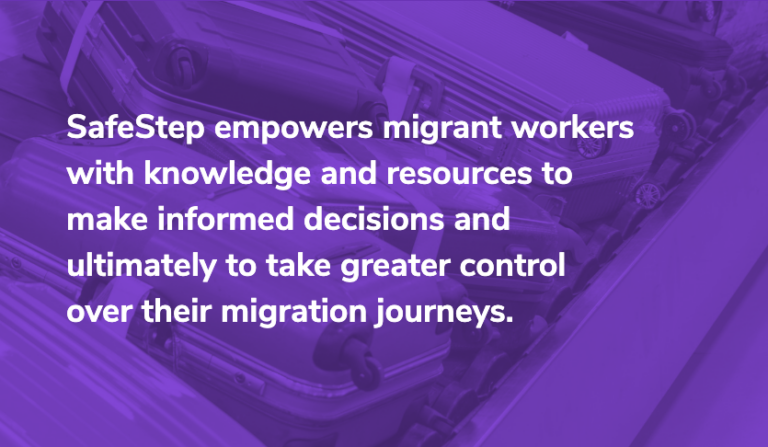
Democratizing Migration: How a Mobile App is Empowering Migrant Workers and Disrupting Migration Systems | Global Fund to End Modern Slavery (gfems.org)
For migrant workers across the globe, the impact of the COVID-19 pandemic and nation-wide lockdowns have taken a heavy toll. Confronting job losses, reduced work hours and salaries, and a rise in deportations, migrant workers are also coping with the mental effects of a pandemic that has left them isolated in a foreign place and […]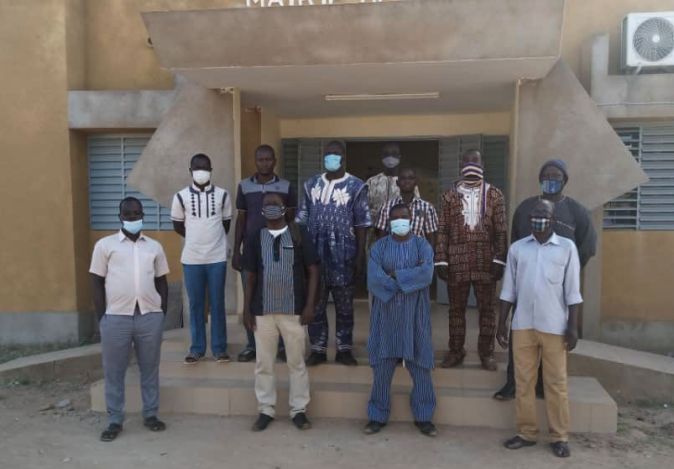
Communities Unite to Protect Vital Water Supplies in Burkina Faso
Located within the Sahel, a semi-arid region below the Sahara with long stretches of dry weather punctuated by brief rains, the northern regions of Burkina Faso are plagued by drought and water shortages. Here, people’s ability to reliably collect, store and distribute water – especially during the dry season — is crucial to both food […]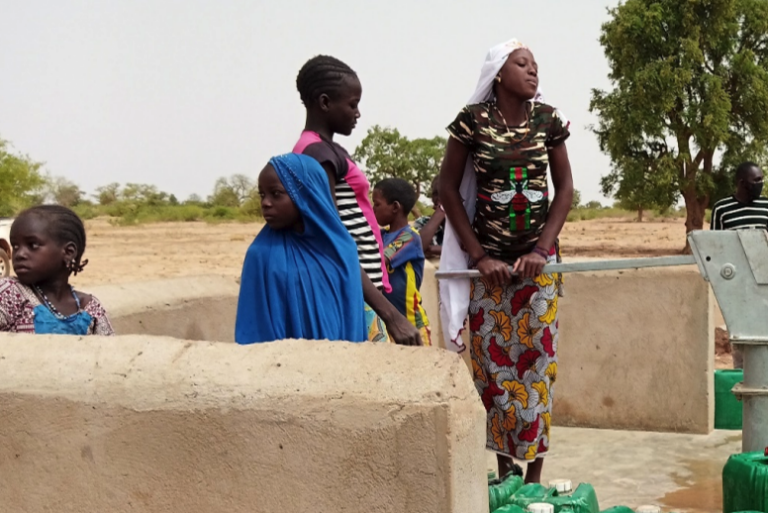
A Public-Private Partnership to Strengthen Drinking Water Supply in Barsalogho
TerresEauVie supported the Barsalogho commune to execute and implement an “affermage” (service concession) contract with a private sector partner to improve management of their Simplified Drinking Water Supply (AEPS) systems, especially during emergency situations.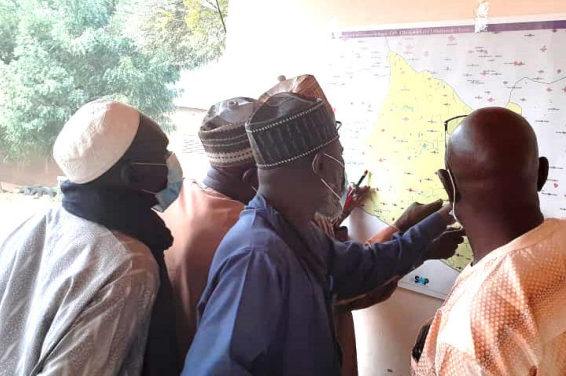
Mapping the Future: Communal-Based Cartography in Niger Improves Land Use Practices
In Niger, the effects of decades of unplanned, uncoordinated land use are myriad and widespread. Community members suddenly dislocated by uncontrolled development. Flood risks escalating in rapidly deforested regions. Water quality worsening as a result of unregulated manufacturing and land degradation. Conflicts on the rise as communities compete for increasingly scarce natural resources. Figuring out […]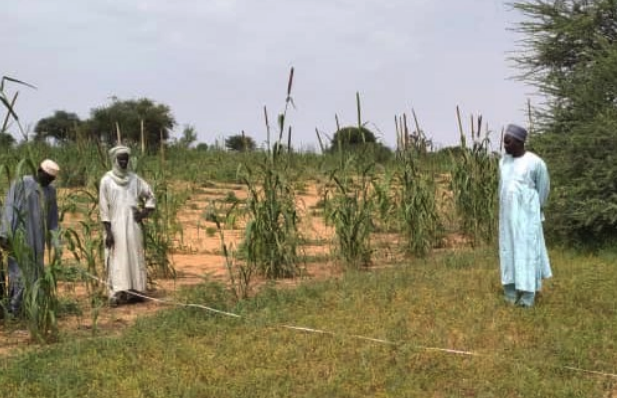
Stopping Herder-Farmer Spiralling Violence in Niger
TerresEauVie provided the necessary skills and tools to the communes of Damagaram Takaya and Mazamni to demarcate cattle passage corridors and secure pastoral areas, reducing recurring conflicts between herders and farmers which sometimes leads to injuries or even death.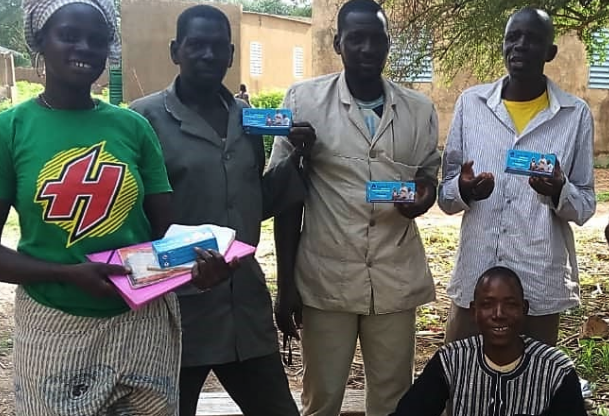
Mahama Ouango, A Self-Reliant Eentrepreneur in the Sahel, Promoting Clean Water within His Community
Follow the journey to self-reliance of an entrepreneur taking charge of his own development through income-generating activities, all while looking out for his community’s wellbeing. Mahama Ouango promotes pre-consumption water treatment, which helps fight against many waterborne diseases.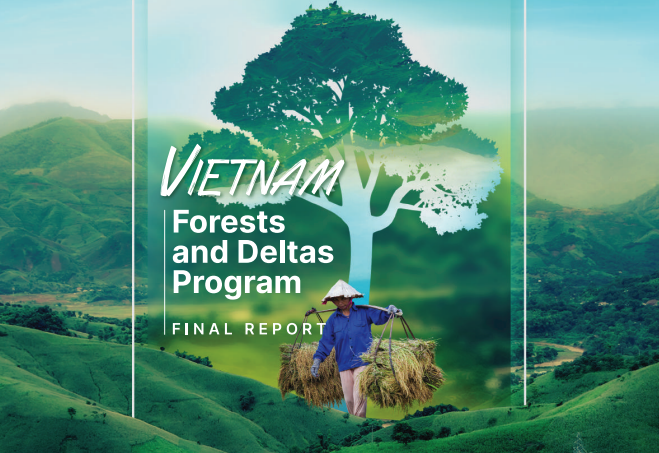
VFD Final Report
The USAID-funded Vietnam Forests and Deltas (VFD) Program leaves behind a legacy of improved policy, strengthened institutions, and innovative models that have improved natural resource management and increased the resilience of vulnerable communities. This success has been based on a model of partnership and collaboration with Government of Vietnam (GVN) partners, which ensures ownership of […]